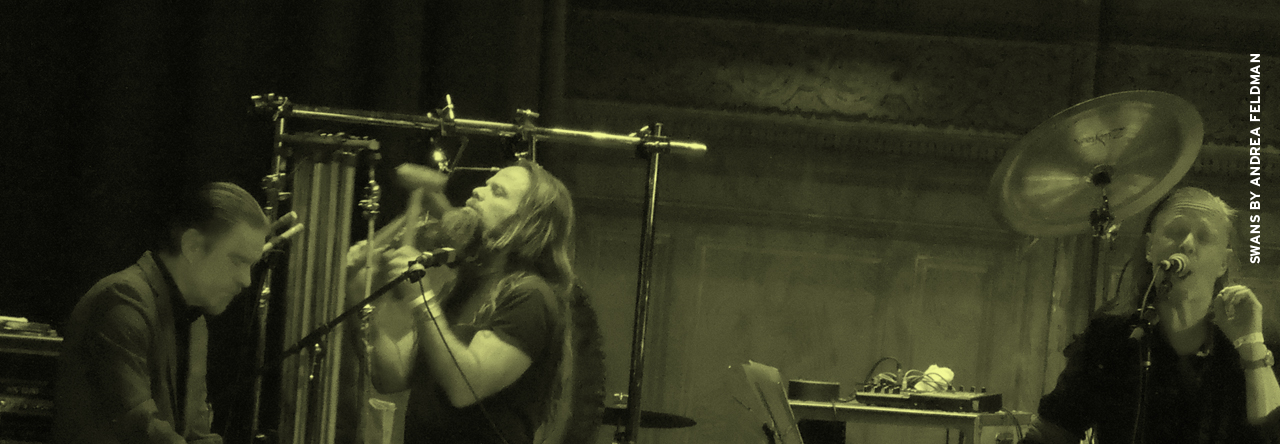Angela Carter was a feminist in the guise of a fabulist. Fabulists are often dismissed as stylistic toe-dippers, as though speculative forms of fictional inquiry aren’t as valid as any other. (Really, isn’t ALL fiction speculative, when you get right down to it?) What made Angela Carter’s work so singular and potent was the way that she slyly and wittily worked through her own complex philosophical inquiry into the ever-shifting power struggle between the sexes, the rightful place of women in the world, and even her own internalized misogyny. Along the way, she subverted familiar tropes (her early novel “The Passion of New Eve” reads like a Technicolor post-apocalyptic satire as imagined by the bastardized offspring of Jack Smith and Shulamith Firestone) and rehabilitated fallen (and in some cases forgotten) anti-heroines like Lizzie Borden, Baudelaire’s mistress Jeanne Duval —even de Sade’s Justine. For all her verbal and visual pyrotechnics (she was, and is, an unparalleled prose stylist), throughout her career she remained, at heart, a humanist, and all her characters —even the most seemingly villainous— are rendered with a painterly sympathy. Reading between the lines of her short stories, novels, and journalistic pieces, one is drawn in to a singularly intimate conversation with Carter.
 Since it’s Blog Against Sexism Day, it seemed fitting to write a tribute to Carter’s unique body of work. Revered in England, she never really gained a foothold in the US outside of academic circles. Since her untimely death in 1992 I fear that she’s been largely forgotten here. And that would be a shame, because she fearlessly (and sometimes contradictorily) engages in all sorts of issues that are still engaging us. Her book-length conversation about pornography, The Sadeian Woman, still stands as one of the most original takes on the topic; Carter engages this complex, personal and thorny issue from all sides. In her most satisfying novel, Nights at the Circus, a freewheeling mille-feuille, the eternal “Nature or Nurture?” debate is given a sly twist. Fevvers, the protagonist, is, at least initially, a fairly ambivalent figure: both a proud Nike and a commodified creature of the freak-show, marginalized and gawked at. While the novel is incredibly complex —at once a bawdy, rollercoaster ride and a tall-tale not easily summarized— it is at heart about the heroine’s long, complicated journey towards making her own place in the world.
Since it’s Blog Against Sexism Day, it seemed fitting to write a tribute to Carter’s unique body of work. Revered in England, she never really gained a foothold in the US outside of academic circles. Since her untimely death in 1992 I fear that she’s been largely forgotten here. And that would be a shame, because she fearlessly (and sometimes contradictorily) engages in all sorts of issues that are still engaging us. Her book-length conversation about pornography, The Sadeian Woman, still stands as one of the most original takes on the topic; Carter engages this complex, personal and thorny issue from all sides. In her most satisfying novel, Nights at the Circus, a freewheeling mille-feuille, the eternal “Nature or Nurture?” debate is given a sly twist. Fevvers, the protagonist, is, at least initially, a fairly ambivalent figure: both a proud Nike and a commodified creature of the freak-show, marginalized and gawked at. While the novel is incredibly complex —at once a bawdy, rollercoaster ride and a tall-tale not easily summarized— it is at heart about the heroine’s long, complicated journey towards making her own place in the world.
May we all fare as well.
I leave you with the late Grant McLennan and Steve Kilbey’s heartfelt tribute to Angela Carter, recorded as part of their long-running Jack Frost collaboration.
For more information on Angela Carter, visit the unofficial Angela Carter home page. | Jack Frost. |Blog Against Sexism Day/ | Buy Angela Carter books at Amazon. (Or better yet, ask for them at your local independent bookseller.)
PHOTO BY FRANCESCA WOODMAN

